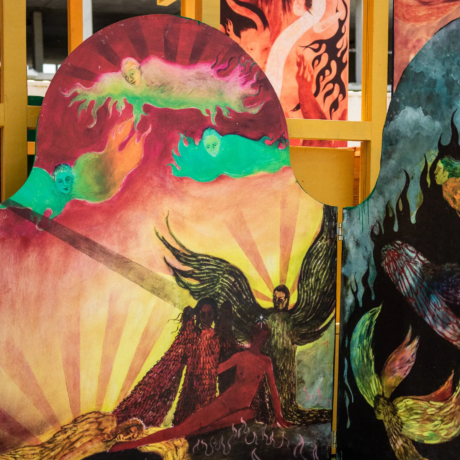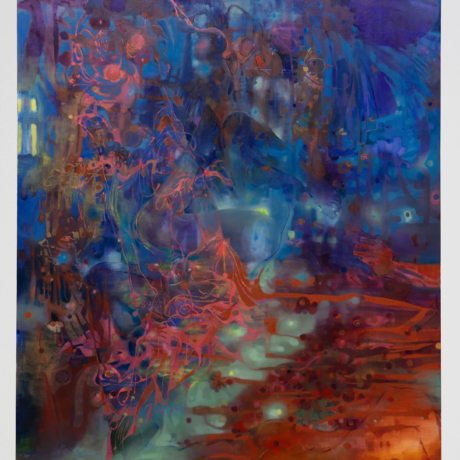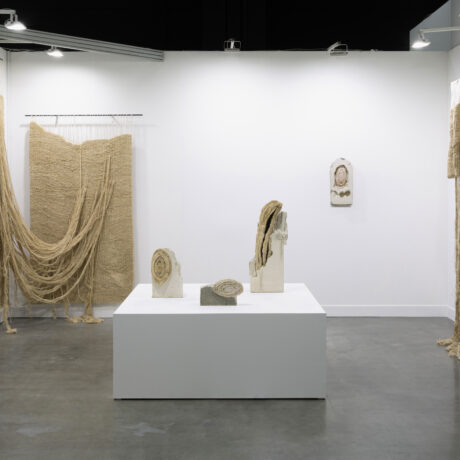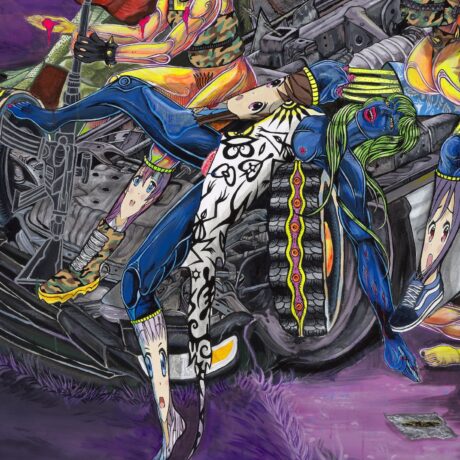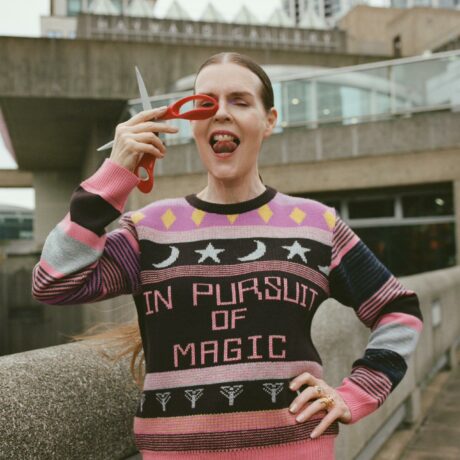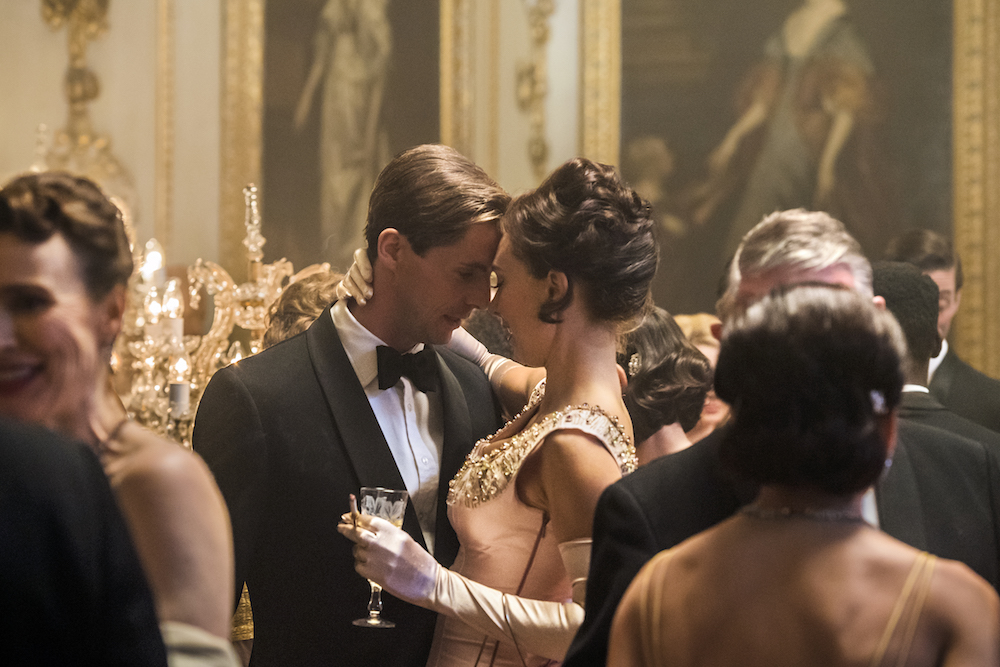
“Promise me one thing… Not to bore me.” This is the toe-curling line spoken by Lord Snowden to Princess Margaret immediately upon their engagement—or rather, by a slimy Matthew Goode to Vanessa Kirby in Netflix’s gloriously epic royal series The Crown. It’s a line that makes me wince, not only because we all inevitably fear the boredom of wedlock, but also because of the sense of entitlement that comes with it—that your partner somehow owes you something, that their very being exists primarily for you. If we’re honest, who of us hasn’t felt this sense of entitlement towards our partners? I certainly have, and still do, many times a day. Our partners are entirely separate entities from ourselves, yet we feel oddly maddened when their thought waves don’t automatically align with ours on even the smallest of details, which in essence reduces them to nothing more than a mirror of our own wants and needs.
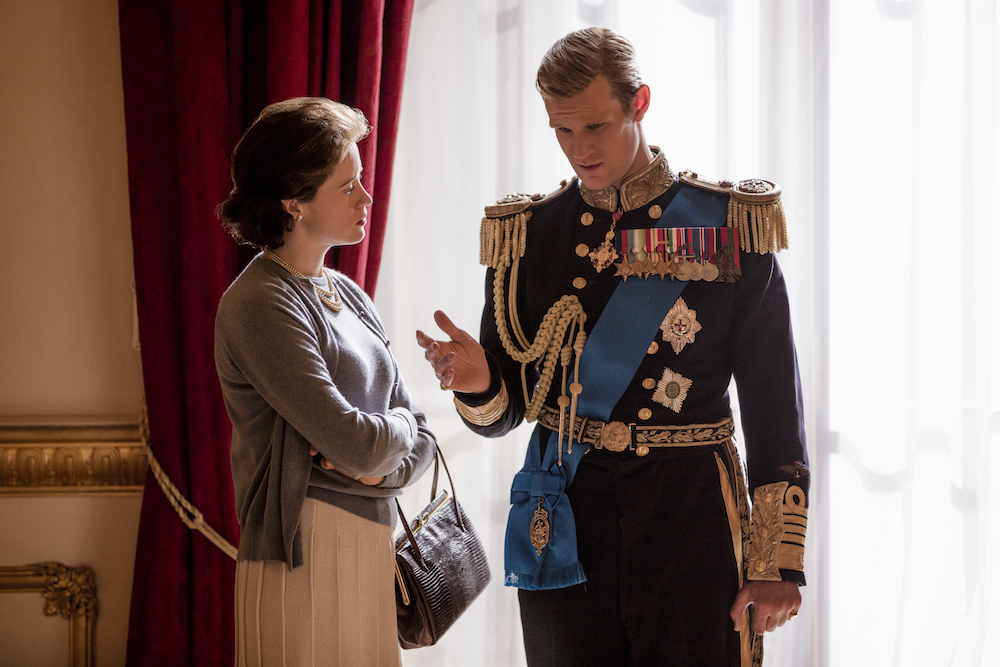
The second season of The Crown may appear more like a horror than a drama to a newly engaged couple (as my partner and I were when we watched it for the first time, silently gripping the sofa cushions at least once per episode as the story traverses gentlemen’s “lunch” clubs, adulterous keepsakes and frustratingly unexpressed emotions that bubble away into cancerous resentments). It explores the partnerships of two very different royal couples: The Queen and Prince Philip—well-matched intellectually and trying to keep sane in a wholly insane life situation—and Snowden (then Antony Armstrong-Jones) and Princess Margaret—passionate, yet living on slightly different planets, both socially and sexually.
It’s a far more honest take on marriage than we’re used to seeing on screen, albeit, focusing on partnerships that exist in pretty different circumstances to that of your average Joe. I grew up in the nineties and noughties; one of the first films I ever watched was Four Weddings and a Funeral, the classically British portrayal of middle-class marriage which covers the extremes of love and heartache with only glimmers of the day-to-day. The wedding itself is a point at which many mainstream romance films end, allowing us to imagine the happily ever after that might come with it.
“Even if you decide to do it differently, it tends to be a ‘different’ version that many people have done before”
The vision of romance forced upon us via romcoms has created a hideously saccharine image of weddings, which many people now forcefully reject. The culture around the western, Christian, “white” wedding is one many young people don’t want to align themselves with, feeling forced down a narrow path of puffball sequined gowns, white towered cakes and cheesy discos. Even if you decide to do it differently, it tends to be a “different” version that many people have done before; there only seem to be so many options from the various suppliers who come at you with their gargantuan quotes, and the “anti-wedding” wedding is now such a thing that it’s developed its own recognizable aesthetic.
Perhaps what we’re really gunning for in trying to make our weddings not “fit the mould” is a shot at somehow avoiding the trappings of marriage too. Perhaps if we invent an entirely new format for our wedding, our marriage won’t also follow the age-old cliché of ever-growing apathy and routine? In a rather astute cartoon in The New Yorker recently, the caption placed under a black and white sketch of a man, wife and priest standing at the altar reads: “And do you both promise to believe you can be better than all the married couples you’ve ever seen?” Yes, I do wholeheartedly!
“Very often when I look at his cheeky, grinning face, I feel so much love for him that I want to crush his head with my hands”
One of the most exciting examples we have of wholly independent yet married couples exist within the arts, where famous pairings are often as painful and tempestuous as they are spectacular. One of the most well-known of these is obviously Diego Rivera and Frida Kahlo—the latter of which has a huge upcoming show, Frida Kahlo: Making Her Self Up, at the V&A Museum in London—who married, divorced and remarried again; a partnership loaded with infidelity, anguish and creative brilliance. Yet this is an example which is just as easily romanticized as the idea of the big white dress and the happily ever after, as we imagine the couple writhing around in splendid pain with very little sense of monotony or, indeed, boredom.

At a particularly fraught time during my own engagement, my partner emailed me a link to Alain de Botton’s now much-watched talk “Why You Will Marry the Wrong Person”. Surprisingly, given its title, it was wholly cathartic. We will never find exactly the right partner, he claims, as we look for people who will somehow fix everything in us, which is, of course, a losing game. Instead we should accept that the other person is just as flawed and confused as ourselves.
I’m certainly working on it, but I may never truly learn that it isn’t my partner’s responsibility to make me feel whole, or that his role in life isn’t to magic away every painful element of my past. But very often when I look at his cheeky, grinning face, I feel so much love for him that I want to crush his head with my hands. And that, I hope, is a good place to start.
